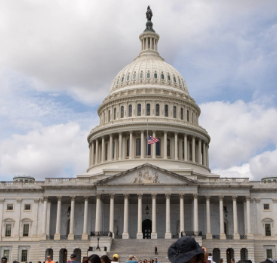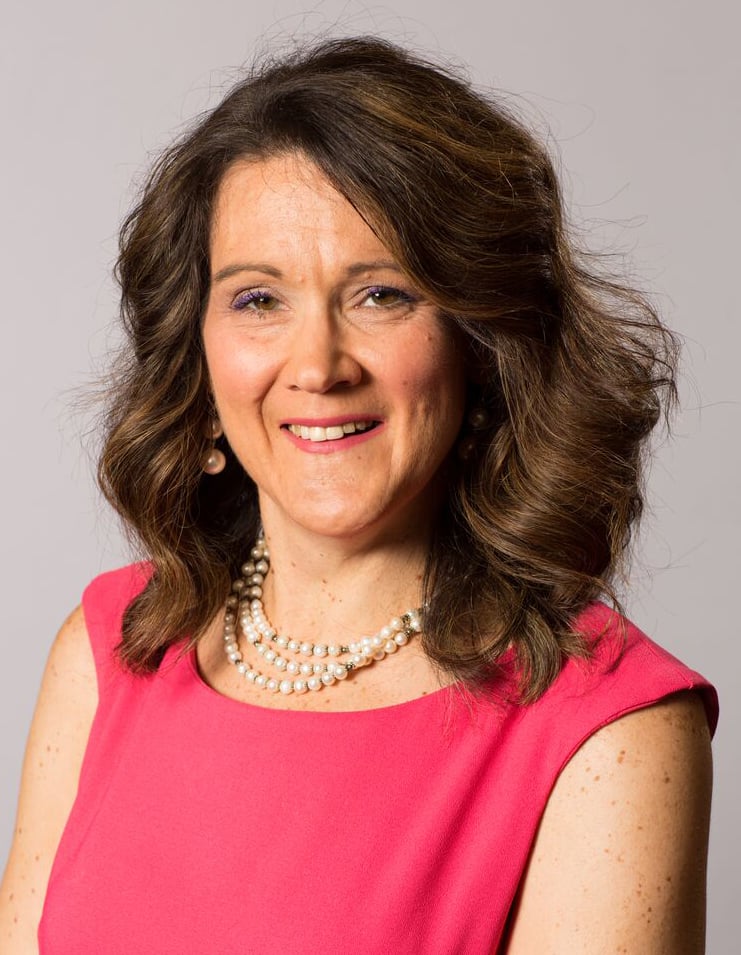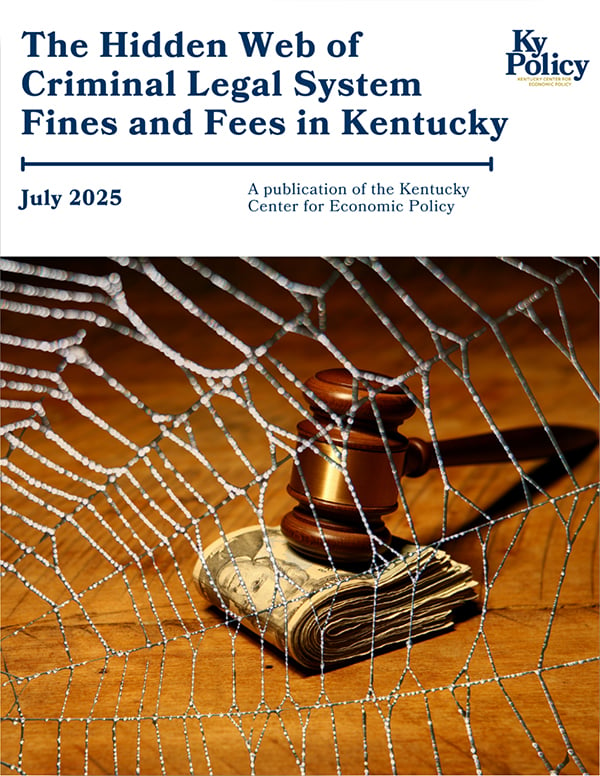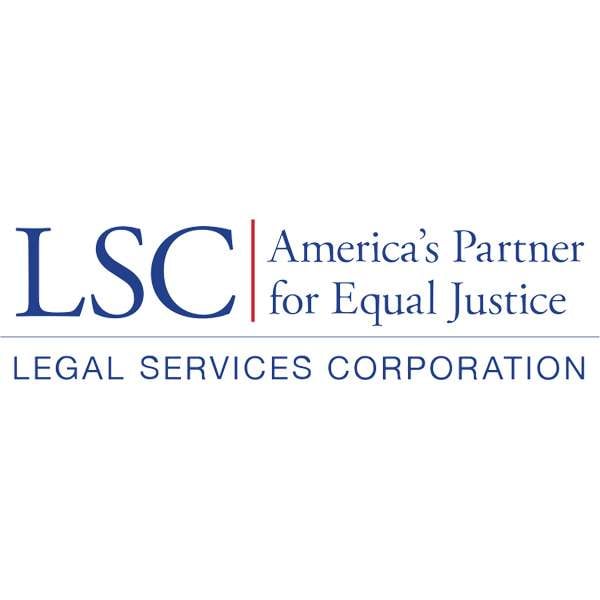By Tom Latek
Kentucky Today
The Kentucky School Boards Association (KSBA) conducted an hour-long webinar this week to educate its members on what they can say regarding Constitutional Amendment 2, which would allow the General Assembly to use taxpayer dollars to fund private schools.
The action follows Attorney General Russell Coleman releasing an advisory to all public-school districts in the state Tuesday night, reminding them that public resources must not be used to campaign for or against the proposed constitutional amendments on the ballot this November.
Coleman referenced Kentucky law, a previous Attorney General’s Opinion and even a recent guidance document issued by the Kentucky School Boards Association to make clear that public resources are not to be spent on political activities.

Josh Shoulta, KSBA communications director, led the webinar. He noted when lawmakers passed the bill to put the issue on the ballot, they did not include the enabling legislation that usually accompanies a proposed Constitutional Amendment.
“Historically, if you go back more than a century and study Constitutional Amendments, you’ll be hard pressed to find ones that aren’t crystal clear about their intentions,” he said. “What’s being proposed makes exceptions to seven different sections of Kentucky’s Constitution, and yet we have been given next to no details as to what policies we can expect to spring from this.”
KSBA Attorney John Powell, despite the Attorney General’s advisory, said school boards can still discuss the amendment during meetings.
“First Amendment considerations, the difference between a school board member and an employee of the district. While I could go on for an hour about this, the short answer is yes, you can put it on the agenda and have a discussion about it.”
Powell also described how the issue can be discussed without running afoul of the law.
“If you’re giving information, and not advocating for a particular position, you can always give out information. The problem happens when you step across the line that divides information from advocacy. Unfortunately, where that line lies is a little vague.”
He also noted that school board members can discuss the issue as private citizens.
“It’s when you step into that role as a district employee or a board member that there are some restrictions.”
The KSBA itself can advocate positions, since it is a lobbying group.

















